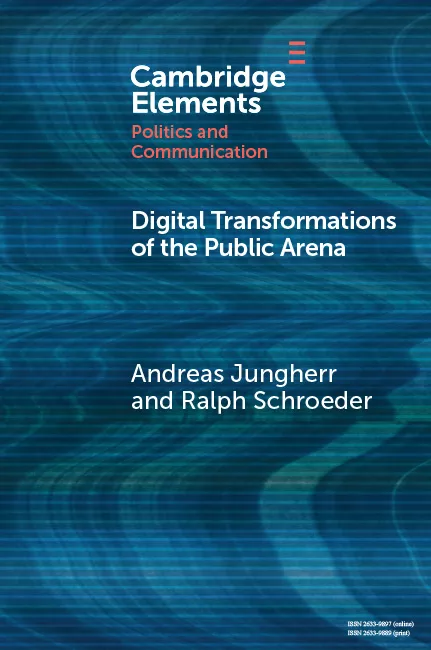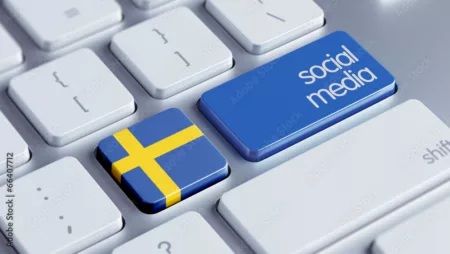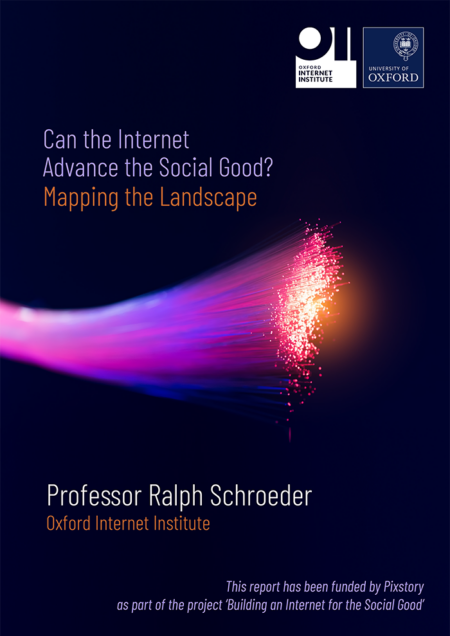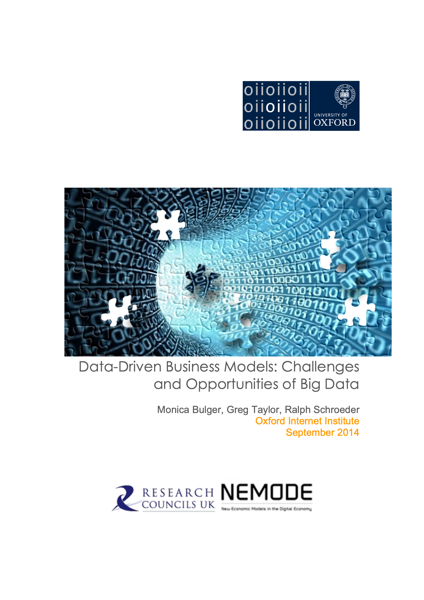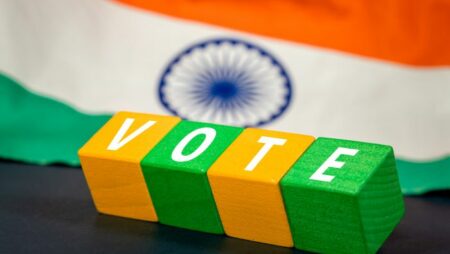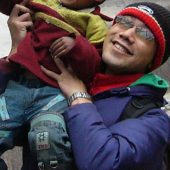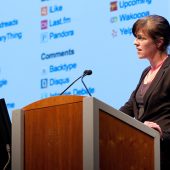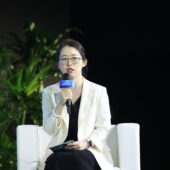About
Ralph Schroeder has been at the OII since 2004. He has authored or co-authored more than 170 papers. His recent book publications include ‘Rethinking Science, Technology and Social Change’ (Stanford University Press, 2007), ‘Being There Together: Social Interaction in Virtual Environments’ (Oxford University Press, 2010), ‘An Age of Limits: Social Theory for the 21st Century’ (Palgrave Macmillan 2013), with Eric T. Meyer, ‘Knowledge Machines: Digital Transformations of the Sciences and Humanities’ (MIT Press 2015), ‘Social Theory after the Internet‘ (UCL Press 2018) and ‘Online Politics in India and China: Social Theory beyond East and West’ (Oxford University Press, forthcoming). He is currently working on how AI can be used to develop social theory.
Areas of Interest for Doctoral Supervision
Shared virtual environments; digital media, politics and populism (China, India, Sweden, US); AI for developing social theory
Research Interests
Shared virtual environments, digital media and populism, AI for developing social theory.
If you have questions about my research, you can ask them to this Poe AI Bot
